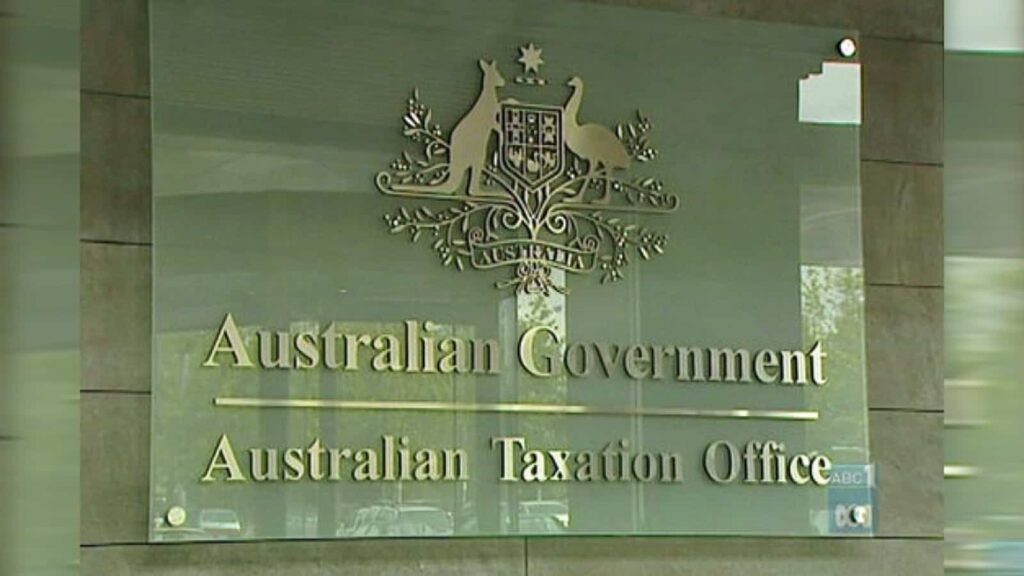With a variety of retirement accounts available, it’s important to find the one that perfectly suits your financial shape because retirement planning is like choosing a tailored suit – one size does not fit all.
There are a variety of retirement accounts available, and it can be difficult to know which one is right for you. Here is a quick overview of the most popular retirement accounts to help you decide:
Types of Retirement Account
Traditional IRA
The Traditional IRA, a tax-deferred savings plan, offers tax deductions on contributions, reducing taxable income. It’s a classic investment option.
Roth IRA
The Roth IRA, on the other hand, allows tax-free growth with after-tax contributions and qualified withdrawals, including earnings. It’s a tax-free option with income limits and withdrawal flexibility.
401(k)
You’re in for a treat if your workplace provides a 401(k). Explore the world of tax-deferred savings, employer matching contributions, and the ease of automatic deductions.
SEP IRA
Self-employed people have the SEP IRA even though they are not eligible to join a 401(k). Discover the advantages of large contribution limits and easy administration for business owners.
457(b)
Public sector employees can tap into the 457(b) plan. Find out how it offers tax advantages, flexible contributions, and even catch-up provisions for those nearing retirement.
HSAs – Health Meets Wealth
Health Savings Accounts (HSAs) aren’t just for medical expenses. Discover how they can serve as a retirement account, offering tax-free contributions, growth, and withdrawals for qualified healthcare expenses.
Which Retirement Account Is Best For You?
The ideal retirement account for you will depend on your unique situation and financial objectives. Consult a financial counsellor if you’re unsure of which account is best for you.
They can assist you in determining your needs and objectives and suggest the ideal retirement account for you.
Here are some general tips for choosing the right retirement account:
Consider your income tax bracket and retirement goals when choosing an IRA. If you’re in a lower tax bracket, a traditional IRA may be a better option as it offers a tax break for contributions and lower taxes on withdrawals in retirement.
If you’re saving for other financial goals, a Roth IRA may be a better choice as it allows tax-free withdrawal of contributions at any time without penalty.
Additionally, consider your risk tolerance and time horizon. If you have a long time horizon and a high risk tolerance, invest in stocks, while if you have a shorter time horizon and a lower risk tolerance, invest in bonds or CDs.
Read more content on Retirement Savings:
Top 10 Myths About Retirement Savings
Five Money Habits That Hurt Your Retirement Savings




